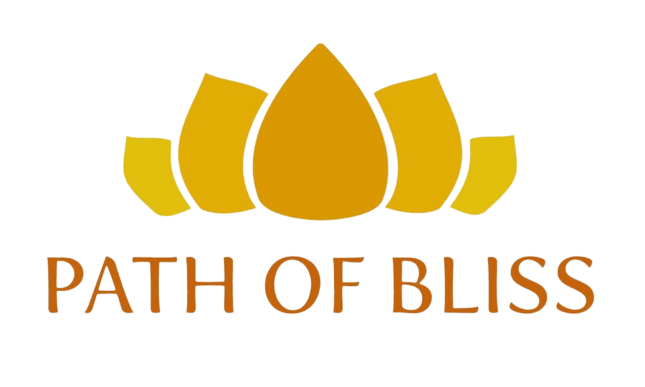Namaskar everyone,
Today, I want to talk about something that affects us all: habits. We all have them, some good, some bad. But have you ever tried to give up a bad habit? It's not easy, is it? The truth is, it's often more difficult to give up an old habit than to start a new one.
Why is that? Well, habits are deeply ingrained in our brains. They are automatic responses that we've developed over time. When we try to simply stop a habit, we're fighting against these powerful neural pathways. It's like trying to stop a train in its tracks.
But what if I told you there's another way? Instead of trying to stop the train, what if we could redirect it? What if we could replace our bad habits with new, healthier ones?
This is where the practice of daily meditation comes in. Meditation is a powerful tool that can help us become more aware of our thoughts, feelings, and actions. But the most important thing of meditation is that it allows us to change from where the driving force that fuels the habit originates.
Instead of being driven by the layer of the mind where the pathways are located you start being driven by a deeper consciousness.
So, how does it work?
First, we need to understand that habits are formed and reinforced by a loop: a cue, a routine, and a reward. The cue triggers the routine, and the reward reinforces the habit. For example, stress might be a cue that triggers the routine of smoking, which is then rewarded by the feeling of relief.
Meditation helps us break this loop. By practicing meditation, we become more aware of our cues and routines. We start to notice when we're feeling stressed and when we're reaching for a cigarette. We start to see the pattern.
But awareness is only the first step. The next step is to replace the routine with something healthier. This is where the daily practice of meditation really shines. Instead of reaching for a cigarette when we're stressed, we can choose to meditate.
Meditation, in this context, becomes a new habit that occupies the time so there is no time left for the old habit. It's not about suppressing the urge to smoke, but rather about choosing a different response to stress.
Over time, as we continue to practice meditation, we start to see changes. The urge to smoke becomes less powerful. We start to find relief in our meditation practice. We start to form a new habit.
But remember, this is not a quick fix. It's a journey. It takes time and patience. It takes daily practice. But the rewards are worth it. Not only can we break free from our bad habits, but we also gain a powerful tool for managing stress and improving our overall well-being.
In conclusion, giving up a bad habit is not about fighting against ourselves. It's about understanding ourselves, observing our habits, and choosing a different path. It's about replacing old habits with new ones. And meditation is a powerful tool that can help us on this journey.
In addition, I want to share with you a powerful idea: if you just change yourself a little bit, in the long run it will make a big difference. Imagine you're on a ship sailing in the ocean. If you change your direction just a few degrees, it might not seem like much at first. But over a long distance, those few degrees can mean miles of difference in where you end up.
Let us say you are sailing from New York to Lisbon, Portugal but you change the course just a few degrees. It might seem just a small change but you may end up in Casablanca, Morocco instead. In the same way, if you make a small change in your life for the better, in the course of a few years it will make a big difference.
This is the power of small changes. You don't have to transform yourself overnight. You don't have to be perfect. You just have to be willing to make small adjustments, to change your direction just a little bit. And over time, those small changes can lead you to a completely different place.
So I encourage you to consider this on your habit transformation journey. Don't worry if the changes you're making seem small. Remember, just a few degrees can make a big difference in the long run.
As a summary for today. I have mentioned two important points about changing habits.
The first one and most important is to meditate every day for a few minutes, preferably twice, without expectations. That means without expecting to become instantly realized or to have a mystical experience every practice. Just do it as you eat your meals every day. You don’t expect neither to lose or gain lots of pounds after eating a few meals according to a certain diet for a week.
The second point is that you don’t need to aim for a huge change immediately. Make small incremental changes in your daily routine which can be sustainable for a long period of time. In time the small change you lead to a big difference in the final result.
Thank you for your time, and I hope this talk has inspired you to consider the power of meditation in transforming your habits and your life.

